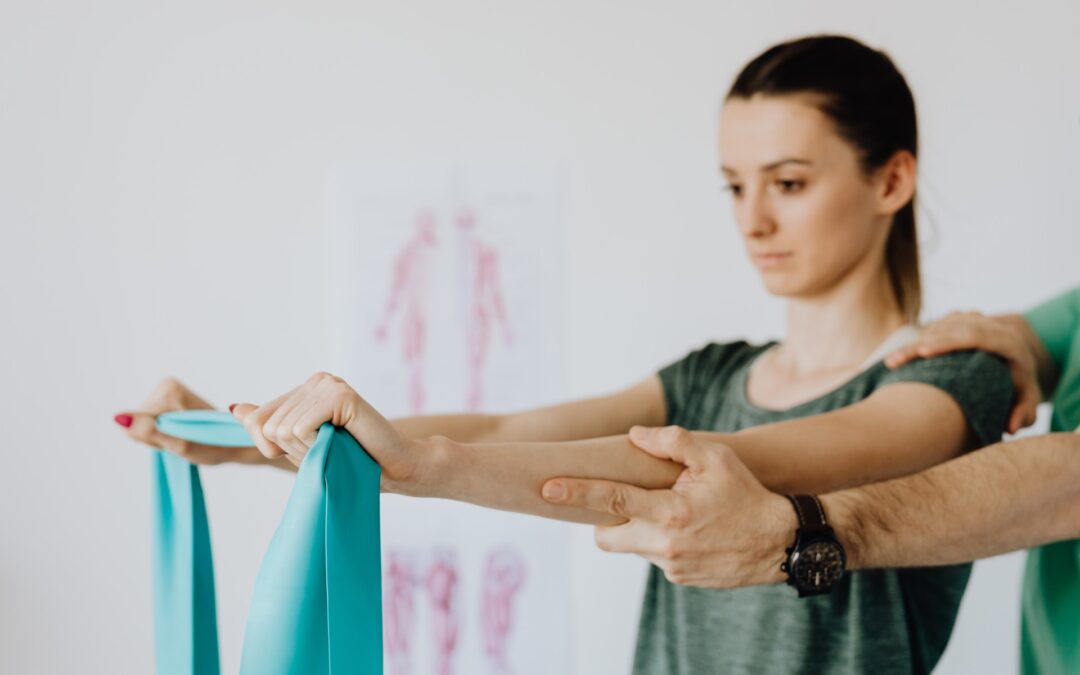One of the most common causes of shoulder pain is due to injury to the rotator cuff, which is comprised of a group of four muscles and tendons that surround the shoulder joint, providing the shoulder with both stability and movement. The tendons from these muscles merge into a single rotator cuff tendon that attaches to the top of the humerus. Most rotator cuff problems involve injury to the tendons, though the muscles are also sometimes involved.
People such as swimmers and tennis players, who practice sports that involve a lot of movement of their arms over their head, are more likely to suffer from this injury. Additionally, those over age 40 are at greater risk due to loss of elasticity and degeneration that is more likely to come with aging. Lack of proper coordination between the neck and the shoulder joints is a third factor that is all too common. It is simple to see how much the neck influences the shoulder by simply observing older individuals that have a slumped forward posture. Try it now and you will immediately notice the decrease in mobility and the increase in effort it creates on the shoulder.
Injuries can be caused from a direct blow to the shoulder, falling on the arm when it is outstretched or having the arm yanked. It is more likely for the rotator cuff to be injured when the muscles of the shoulder area have been weakened by inactivity. The most common injuries to the rotator cuff are tendonitis and rotator cuff tears. A rotator cuff tear can be either a result of a direct injury to the arm or may evolve from rotator cuff tendonitis (also called impingement syndrome). Impingement syndrome occurs when the tendons of the rotator cuff rub against the shoulder blade, causing it to become inflamed, fray and weaken.
Arthritis and bone spurs can also contribute to this condition. A symptom that may cause you to believe you may have a torn rotator cuff is having a dull ache in the upper arm and shoulder that may extend down to the elbow, especially when moving the arm over the head. Typical medical treatment options include rest, pain killers, ice packs, steroid injections and surgery. Many rotator cuff injuries heal by themselves in time even though some people prefer to use an NSAID such as ibuprofen to help reduce inflammation and control pain. Ice packs can also be applied to the shoulder for this purpose.
Chiropractic care is the best non-medical option to address both spinal and shoulder joint issues that influence the resolution of rotator cuff issues. Dr Sooley will use a range of treatments to first address the pain and inflammation of a rotator cuff tear, which may include ultrasound, electrical muscle stimulation and heat and ice treatments. Then, specific upper cervical or full spine adjustments and targeted exercises will restore proper mobility and increase range of movement. In typical cases, six to eight weeks of treatment will allow patients to resume normal activities.
However, surgery may be indicated if there has been a complete tear. This can involve widening the space through which the rotator cuff tendon passes, which releases the trapped tendon, or repairing the tendon itself.

